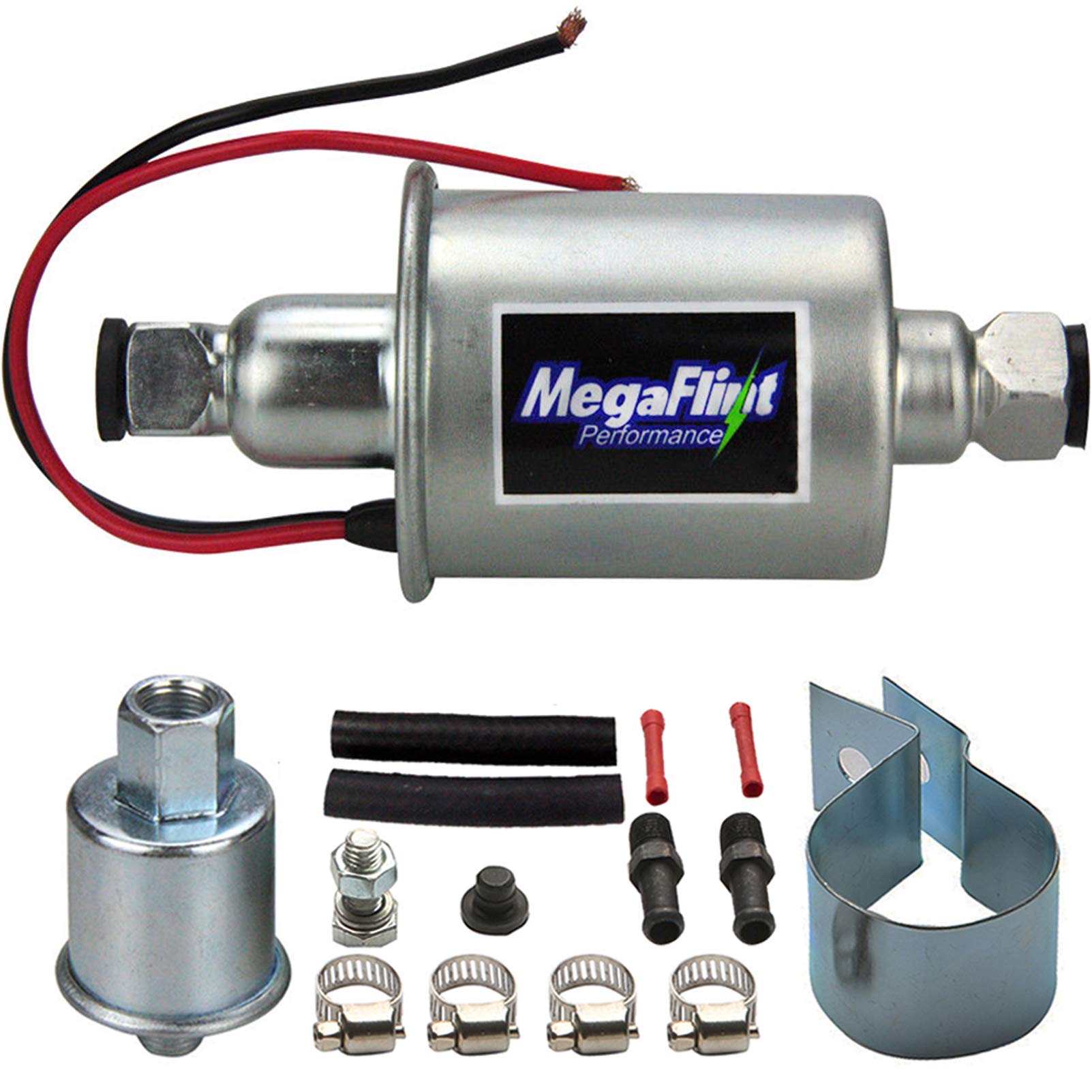In the realm of automotive engineering, fuel systems play a crucial role in ensuring the efficient operation of vehicles. Two essential components of these systems are the fuel pump and the diesel pump. While they both contribute to the delivery of fuel to the engine, there are significant differences between them. In this article, we will delve into the disparities between a fuel pump and a diesel pump, shedding light on their distinct functions, mechanisms, and applications.
- Fuel Pump:
A fuel pump is a device responsible for delivering gasoline or petrol from the fuel tank to the engine. It is commonly found in vehicles powered by gasoline or hybrid engines. The primary purpose of a fuel pump is to maintain a consistent flow of fuel at the required pressure to meet the engine's demands. It achieves this by drawing fuel from the tank and delivering it to the fuel injectors, which then disperse the fuel into the engine's combustion chambers. Fuel pumps are typically electrically driven and utilize various technologies such as diaphragm pumps or turbine pumps. - Diesel Pump:
In contrast to a fuel pump, a diesel pump is specifically designed for vehicles equipped with diesel engines. Diesel pumps, also known as diesel fuel injection pumps, have the crucial task of delivering diesel fuel to the engine's combustion chambers. Unlike gasoline engines, diesel engines rely on compression ignition, where fuel is injected into the combustion chamber at high pressure and ignited by the heat generated through compression. Diesel pumps play a vital role in achieving the required fuel pressure for efficient combustion. They are often mechanically driven and employ advanced technologies like rotary or common rail injection systems. - Key Differences:
3.1 Fuel Type:
The most fundamental distinction between a fuel pump and a diesel pump lies in the type of fuel they handle. Fuel pumps are designed for gasoline or petrol, while diesel pumps are specifically engineered for diesel fuel.
3.2 Fuel Pressure:
Another significant difference is the fuel pressure requirement. Diesel engines operate at higher compression ratios, necessitating higher fuel pressures for efficient combustion. Diesel pumps are designed to deliver fuel at much higher pressures compared to fuel pumps.
3.3 Pumping Mechanism:
Fuel pumps commonly utilize electrically driven diaphragm pumps or turbine pumps, whereas diesel pumps often employ mechanically driven rotary pumps or common rail injection systems. These different pumping mechanisms are tailored to the specific characteristics of each fuel type.
- Applications:
Fuel pumps are predominantly used in vehicles powered by gasoline or hybrid engines, including cars, motorcycles, and small boats. On the other hand, diesel pumps find their applications in diesel-powered vehicles such as trucks, buses, heavy machinery, and marine vessels.
Conclusion:
In summary, while both fuel pumps and diesel pumps serve the purpose of delivering fuel to the engine, they are designed for different fuel types and operate at distinct pressure levels. Understanding the disparities between these two components is crucial for automotive engineers, mechanics, and enthusiasts alike. By comprehending the nuances of fuel pumps and diesel pumps, one can ensure the optimal performance and longevity of vehicles across various applications.


